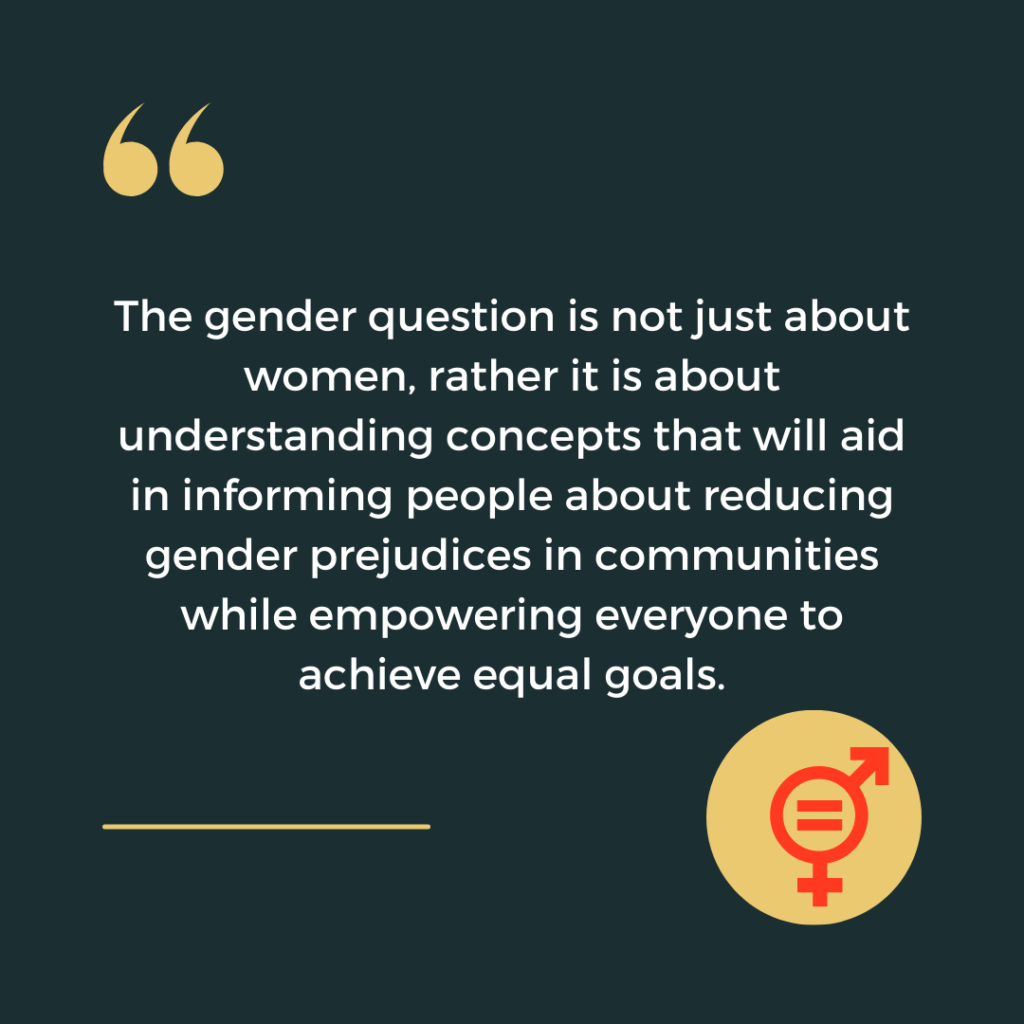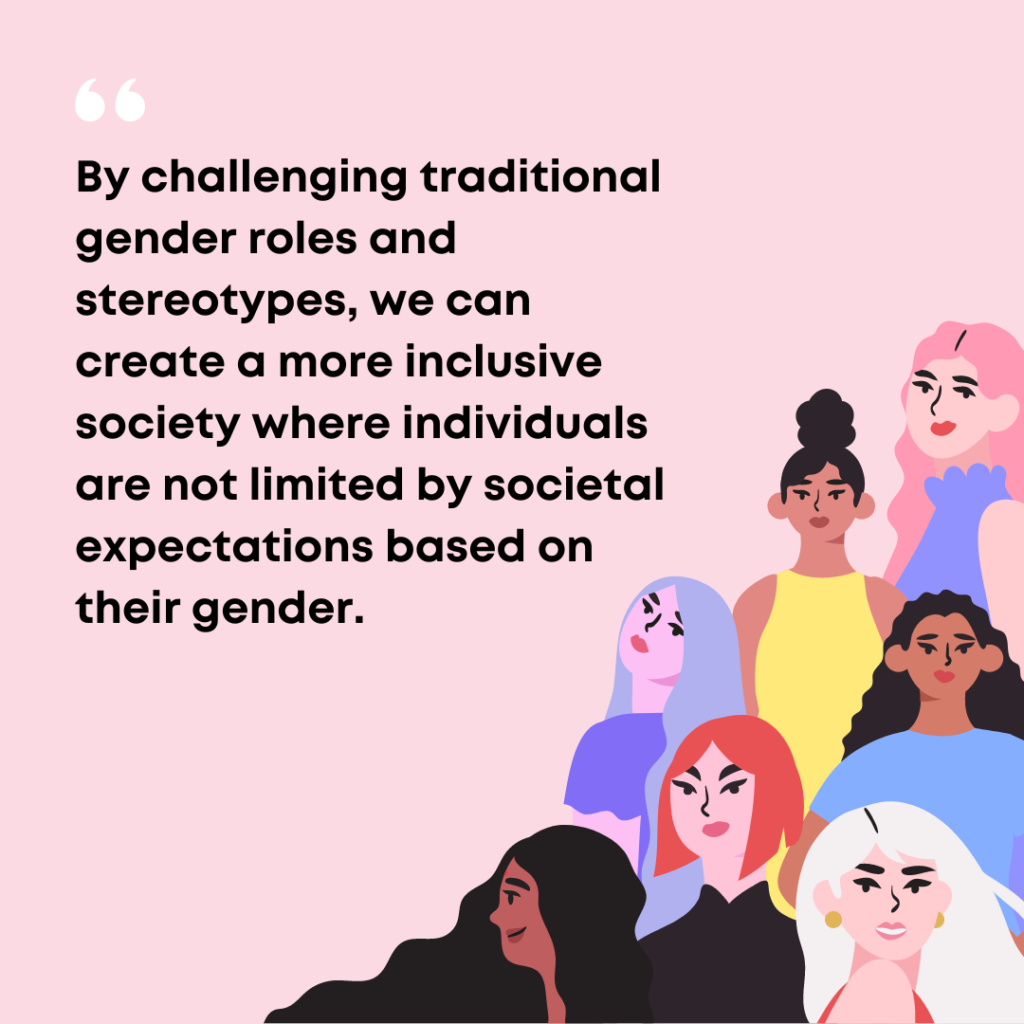Gender Sensitization on POSH Training gives insight into gender awareness, difference between sex and gender, and other gender-related phraseology or obstacles. It examines how gender and other gender-related terms are socially constructed. It also analyzes the critical role that gender education may play in sensitizing people to change their perspective.
These notions are important to comprehend as “the gender question is not just about women and men,” rather understanding these concepts will aid in informing people about reducing gender prejudices in communities while empowering everyone to achieve their goals.
In this post we will discuss following important concerns
Gender and Sex: Are they similar?
Gender and sex are two different concepts with different meanings. Sex is biologically determined, universal, inborn, and permanent unless changed with surgical intervention. While Gender is a social construct, learnt, dynamic and changeable and differs within and between cultures.
For instance: Men have mustaches is a sexual characteristic but women are sensitive and men are mentally strong is a gender construct.

Gender Roles
While many activities can be influenced by biological factors, there are some activities that do not have a direct biological basis and are commonly associated with either men or women due to cultural, social, or historical reasons. Here are a few examples:
1. Fashion and clothing choices: Certain styles of clothing or fashion trends are often associated with specific genders. For example, Pink is for boys.
2. Grooming Practices: Grooming practices, like applying makeup, are often culturally associated with women.
3. Hobbies and interests: Activities like knitting, sewing, or quilting have historically been associated with women, while activities like weightlifting, car repair, or coding have been associated with men.
4. Parenting roles: While both men and women can be parents, certain parenting roles may be culturally associated with specific genders. For example, primary caregiving has traditionally been associated with women, while breadwinning has been associated with men.
It is important to promote a society where individuals are not confined or limited by traditional gender roles and expectations, but rather are encouraged to explore and pursue their passions based on their own preferences and abilities.
Toxic Masculinity: The Real Man Syndrome
Prashant is a gentle boy. He never liked mocking anybody and talked to everyone in the utmost polite manner. While watching a sensitive scene in a movie, he seldom cries. Prashant’s classmates tease him a lot and call him ‘girlie’ and not ‘man enough’.
Young boys are associated with certain behaviors considered appropriate for them. These behaviors are termed masculine.
By associating certain behaviors as masculine, it reinforces traditional power dynamics that position men as dominant and women as subordinate. This power imbalance can contribute to a sense of entitlement and control over women, which can manifest in various forms of violence.

Conclusion
Gender sensitization plays a crucial role in creating awareness about gender-related issues and dismantling gender biases. It helps us understand the distinction between sex and gender, recognizing that gender is a socially constructed concept that varies across cultures. By challenging traditional gender roles and stereotypes, we can create a more inclusive society where individuals are not limited by societal expectations based on their gender.
By promoting gender equality and providing comprehensive gender education, we can foster a society where everyone, regardless of their gender, is empowered to pursue their goals and aspirations.





Leave a Reply